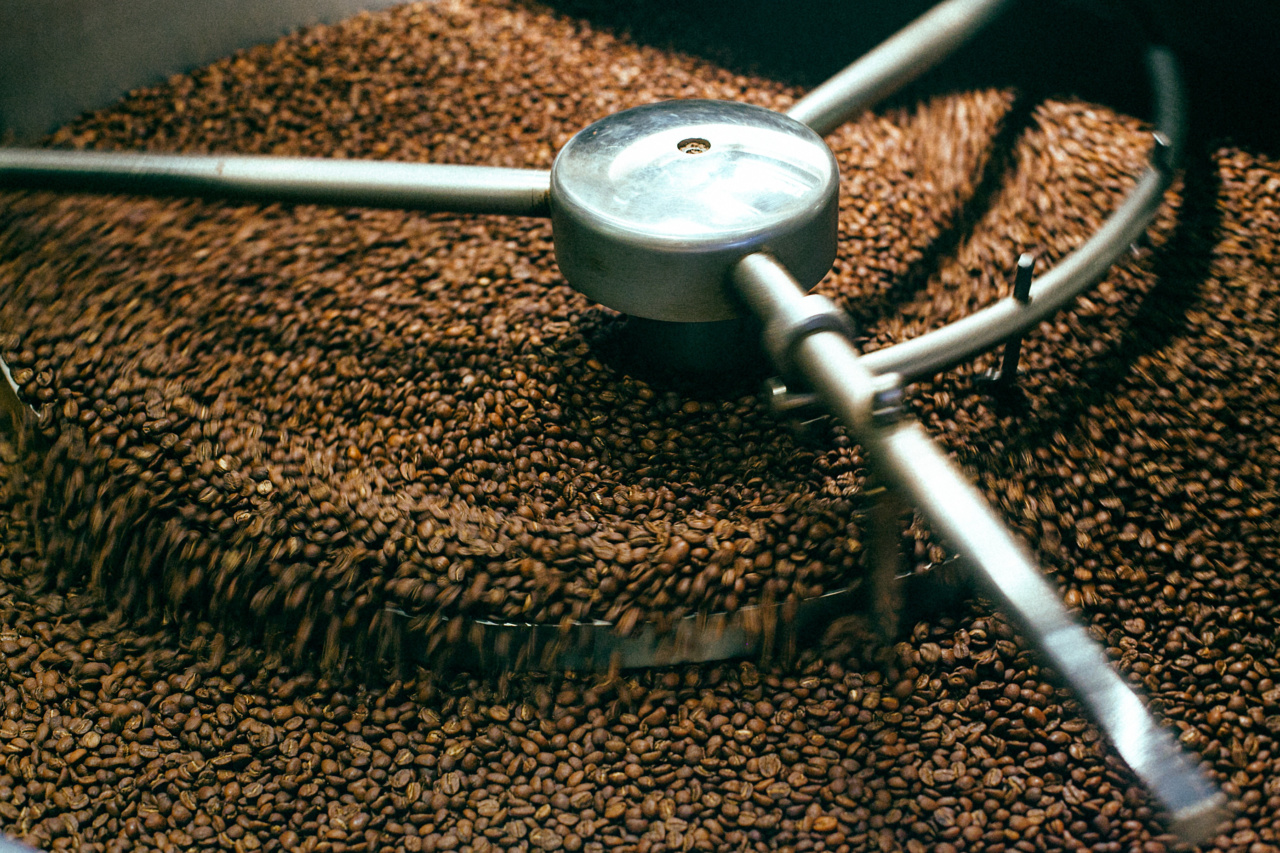Pregnancy is a critical time when expectant mothers need to pay extra attention to their health and lifestyle choices. One common habit that many pregnant women find difficult to give up is consuming caffeine.
However, research suggests that for the well-being of both the mother and developing baby, it is highly advisable to limit or avoid caffeine intake during pregnancy.
The Effects of Caffeine on Pregnancy
Caffeine is a stimulant that affects the central nervous system, resulting in increased heart rate and blood pressure. When a pregnant woman consumes caffeine, it can pass through the placenta and reach the developing fetus.
However, the fetus does not have the same ability as adults to metabolize and eliminate caffeine. Consequently, caffeine can accumulate in the fetus, leading to potential adverse effects.
Increased Risk of Miscarriage
Several studies have linked high caffeine intake during pregnancy with an increased risk of miscarriage.
A study conducted by Kaiser Permanente found that women who consume 200 milligrams or more of caffeine per day (equivalent to about one 12-ounce cup of coffee) doubled their risk of miscarriage compared to those who abstained from caffeine consumption.
Impact on Fetal Growth and Development
Caffeine has been associated with restricted fetal growth, which can lead to low birth weight and related complications.
A study published in the American Journal of Epidemiology revealed that high caffeine intake during pregnancy was associated with a higher likelihood of delivering small-for-gestational-age infants. These infants may experience long-term health issues, including developmental delays and an increased risk of chronic diseases.
Risk of Preterm Birth
Consuming excessive amounts of caffeine during pregnancy has also been linked to an increased risk of preterm birth.
A study published in the Journal of Maternal-Fetal and Neonatal Medicine found that pregnant women who consumed more than 300 milligrams of caffeine per day had a higher chance of delivering prematurely compared to those who consumed less caffeine. Preterm birth can result in various complications for the baby, including respiratory difficulties and developmental challenges.
Interference with Nutrient Absorption
Caffeine acts as a diuretic, increasing urine production and potentially leading to dehydration. This can be problematic during pregnancy as it may interfere with the absorption of essential nutrients, such as iron and calcium.
Iron deficiency during pregnancy can result in anemia, causing fatigue and increased susceptibility to infections. Inadequate calcium intake can lead to weaker bones and teeth for both the mother and baby.
Impact on Sleep Patterns
Many pregnant women already experience difficulties with sleep due to hormonal changes and physical discomfort. Consuming caffeine can further disrupt sleep patterns, making it even more challenging to get adequate rest.
Restful sleep is crucial for the overall well-being of the mother and plays a pivotal role in fetal development.
Increased Heart Rate and Blood Pressure
Pregnant women naturally experience changes in their cardiovascular system as the body adapts to support the growing fetus. Caffeine intake can exacerbate these changes, leading to a further increase in heart rate and blood pressure.
Elevated blood pressure during pregnancy can increase the risk of preeclampsia, a serious condition that can harm both the mother and unborn baby.
Alternatives to Caffeine
If you find it challenging to eliminate caffeine completely during pregnancy, it is important to remember that moderation is key.
The American College of Obstetricians and Gynecologists recommends limiting caffeine intake to no more than 200 milligrams per day. This is roughly equivalent to one 12-ounce cup of coffee. However, it is crucial to account for other sources of caffeine, such as tea, soda, and chocolate, when calculating your daily intake.
Fortunately, there are many alternatives to caffeine that can still provide a pick-me-up without the potential risks. Opting for decaffeinated coffee or tea is a great way to enjoy the flavor without the caffeine content.
Herbal teas, such as peppermint or chamomile, offer a soothing and caffeine-free option. Additionally, drinking plenty of water and eating a balanced diet rich in fruits and vegetables can help combat fatigue and provide natural energy.
Conclusion
Although the allure of caffeine may be strong, the potential risks to both the mother and developing baby during pregnancy outweigh the benefits.
It is essential for expectant mothers to prioritize their health and make conscious choices to minimize or avoid caffeine intake. By doing so, they can contribute to a healthier pregnancy and ensure the best possible outcomes for their baby’s growth and development.






























